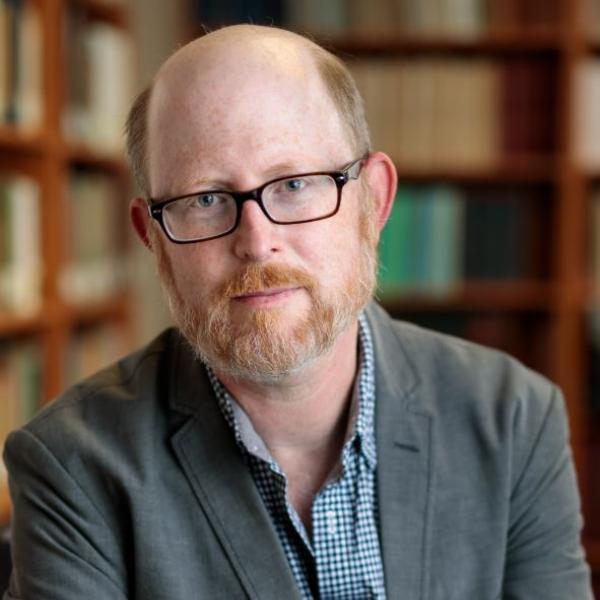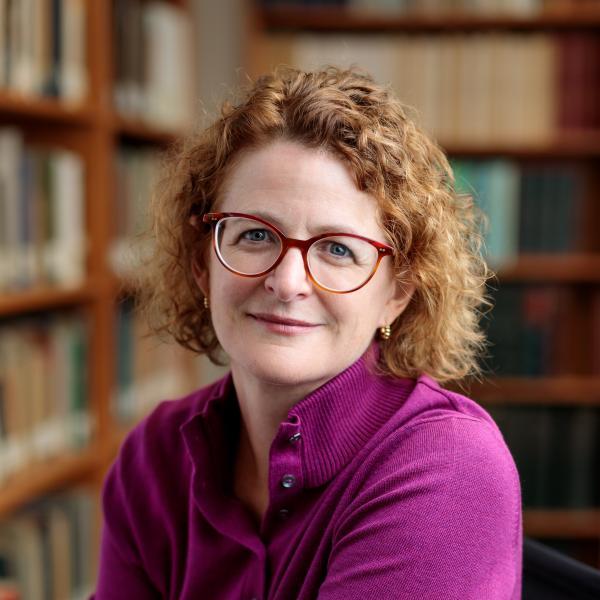
Founded in 1894, the Department of Philosophy is one of the oldest philosophy programs in the country. Like MAPH itself, Philosophy at the University of Chicago is distinguished by its encouragement of research across traditional disciplinary divides. MAPH students concentrating in Philosophy often pursue coursework in other subject areas such as Classics, Comparative Literature, English Language and Literature, Gender and Sexuality, Human Rights, Linguistics, and Social Thought.
Selected Faculty
Sample Courses
PHIL 31414 - MAPH Core Course: Contemporary Analytic Philosophy (Anubav Vasudevan)
This course is designed to provide MAPH students – especially those interested in pursuing a Ph.D. in Philosophy – with an introduction to some recent debates between philosophers working in the analytic tradition. The course is, however, neither a history of analytic philosophy nor an overview of the discipline as it currently stands. The point of the course is primarily to introduce the distinctive style and method – or styles and methods – of philosophizing in the analytic tradition, through brief explorations of some currently hotly debated topics in the field.
PHIL 39904 - Ethics in the Digital Age (Daniel Moerner)
An investigation of the applied ethics of technology in the 21st century. Fundamental debates in applied ethics are paired with recent technological case studies. Topics covered include moral dilemmas, privacy, consent, human enhancement, distributed responsibility, and technological risks. Case studies include self-driving cars, geo-engineering, Internet privacy, genetic enhancement, Twitter, autonomous warfare, nuclear war, and the Matrix.
PHIL 32211 - Economic Justice and the Environment (Nicole Whalen)
This course critically examines contemporary theories of justice from an ecological perspective. We will begin by examining work in ecological economics that situates the economy in nature and challenges contemporary approaches to capitalist development. We will then consider the extent to which theories of justice can address problems related to resource depletion, sustainability, and economic growth. Readings include texts by Rawls, Armstrong, Kolers, and Stilz. In the final section of the course, we will consider approaches that seek to chart a new way forward for thinking about economic justice, including theories of degrowth and movements to revive the commons.
PHIL 31505 - Wonder, Magic, and Skepticism (David Finkelstein)
In this course, we’ll discuss philosophy and magical performance, with the aim of coming to a deeper understanding of what both are about. We’ll be particularly concerned with Wittgenstein’s picture of what philosophy is and does. Another focus of the course will be the passion of wonder. In the Theaetetus, Plato has Socrates say, “The sense of wonder is the mark of the philosopher. Philosophy indeed has no other origin.” And when magicians write about their aesthetic aims, they almost always describe themselves as trying to instill wonder in others. Does magic end where philosophy begins? And what becomes of wonder after philosophy is done with it?
PHIL 39110 - Plato on Knowledge (John Proios)
This course will examine Plato’s theory of knowledge in his “late” dialogues—especially Plato’s ideas about the philosopher’s pursuit of knowledge in the Sophist, Statesman, and Philebus. We will focus on the method of “dialectic” and its connection to the so-called method of “collection and division” as essential philosophical tools in Plato’s late writing. Topics will include natural kinds, the relationship between natural and social science, and the metaphysical views that form the backdrop of Plato’s methodological writings. We will also spend some time discussing related dialogues, such as the Theaetetus, Phaedrus, and Timaeus, as well as contemporary work on natural kinds.
For a more complete list of courses and descriptions, visit the Philosophy course page.
Philosophy Specialization
The Philosophy Specialization allows students to structure their coursework and thesis around the study of philosophy within MAPH. Students who complete the following requirements will receive a Philosophy transcript notation:
- MAPH Core Course (Foundations of Interpretive Theory)
- MAPH Philosophy Core Course (Contemporary Analytic Philosophy)
- Three other graduate-level courses in Philosophy (offered or cross-listed by the Philosophy Department). Students who do not choose to write a master’s thesis must produce a substantial term paper for at least one of these courses
Please direct any questions you may have about specializing in Philosophy to maph-support@uchicago.edu.
Recent Philosophy Thesis Projects
"The Lofty Philosopher and the Socratic Philosopher in Plato’s “Theaetetus”"
Jiakai Zhang, MAPH TLO '22
Advisor: John Proios
"On Novelty: Redressing Materialism and Neuroexistentialism through Value and Resistance"
Martin Krause, MAPH '21
Advisor: Benjamin Callard
"The Unity of the Animal Soul in Aristotle's De Anima"
Ruoqian Wang, MAPH '21
Advisor: Anselm Mueller
"Turning Back to Face the Other: On Levinas and Darwin"
Abigail Negley Clark, MAPH '21
Advisor: Robert Richards
"Possibility and Necessity in the Interpretation of Heidegger’s History of Being"
Trent Ludwig, MAPH '20
Advisor: Robert Pippin



